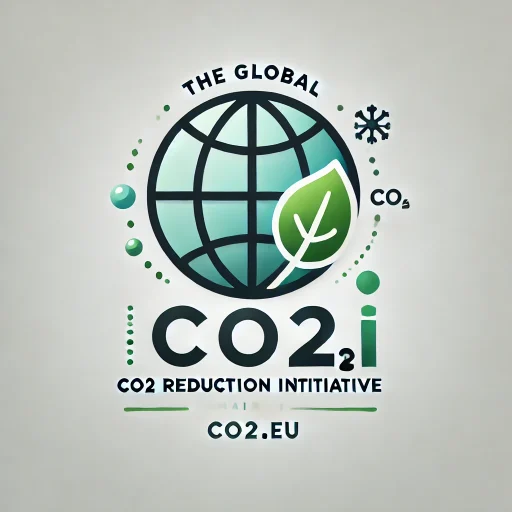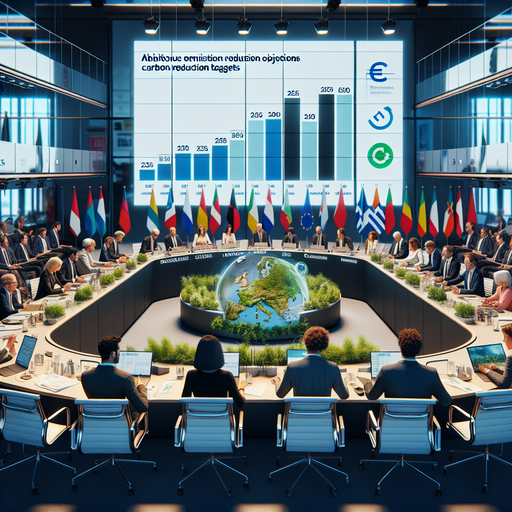Carbon Reduction Activities in Europe: September 22-28, 2025
Executive Summary: During the week of September 22-28, 2025, the European Union made significant strides in its carbon reduction efforts. The EU agreed on a provisional emissions reduction target for 2035, aiming for a 66.25%–72.5% cut from 1990 levels. Additionally, discussions continued regarding the 2040 climate target, with a focus on achieving a 90% reduction in net greenhouse gas emissions.
Introduction
In late September 2025, the European Union (EU) engaged in several key activities aimed at advancing its carbon reduction goals. These activities were part of the EU’s broader strategy to combat climate change and align with international commitments under the Paris Agreement.
2035 Emissions Reduction Target
On September 25, 2025, the EU reached a provisional agreement on an emissions reduction target for 2035. The target aims for a reduction of 66.25% to 72.5% from 1990 levels. This agreement was crucial to avoid missing a United Nations deadline and to maintain the EU’s reputation as a leader in climate action. However, the target lacks binding commitments and detailed plans, reflecting ongoing internal divisions among member states regarding the level of ambition. Some countries, such as Denmark, Spain, Luxembourg, and the Netherlands, advocated for the higher end of the target range, while others, including Poland, Italy, the Czech Republic, and Hungary, preferred a more conservative approach.
Source: Phys.org
2040 Climate Target Discussions
During this period, discussions continued regarding the EU’s proposed 2040 climate target. The European Commission had previously proposed a 90% reduction in net greenhouse gas emissions by 2040 compared to 1990 levels. This proposal includes several flexibilities, such as the use of international carbon credits and domestic carbon removals, to accommodate member states’ varying economic and political contexts. The proposal aims to provide predictability and stability for investors and businesses, both within and outside the EU, as part of the clean energy transition.
Source: E3G
Challenges and Reactions
The inclusion of flexibilities in the 2040 target has been met with mixed reactions. Environmental organizations have expressed concerns that these flexibilities could weaken the target, particularly the use of international carbon credits. They emphasize the need for strict criteria to ensure the integrity of these credits. Conversely, some think tanks have praised the proposal for sending a strong signal internationally, highlighting the feasibility of combining economic prosperity with a just transition away from fossil fuels.
Source: Clean Energy Wire
Conclusion
The activities and discussions during this week underscore the EU’s ongoing commitment to its decarbonization agenda. While challenges remain, particularly in achieving consensus among member states, the EU continues to play a pivotal role in global climate leadership. The outcomes of these discussions will be critical as the EU prepares for the upcoming COP30 conference and seeks to influence other major emitters to enhance their climate ambitions.


Recent Comments